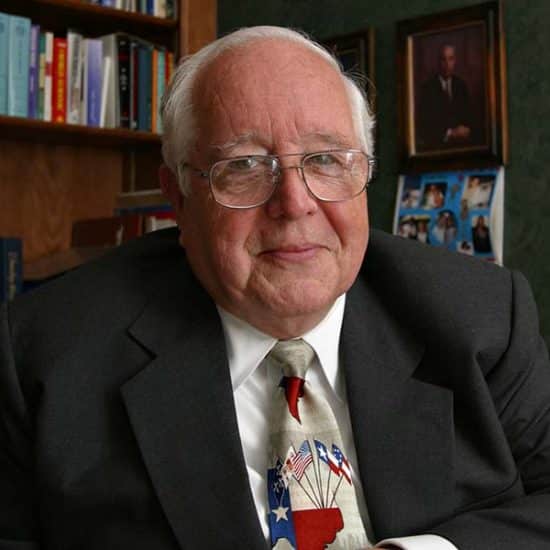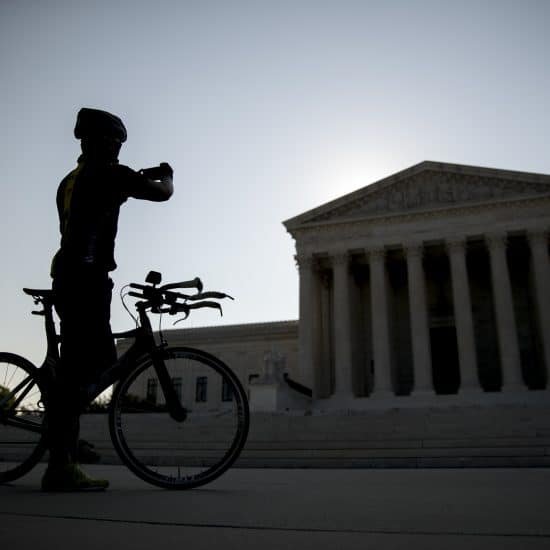JEFFERSON CITY — A judge's ruling has stalled efforts to get an initiative on the Nov. 4 ballot in Missouri to cap the annual percentage rate on short-term unsecured loans.
Cole County Circuit Court Judge Dan Green ruled April 5 that the petition summary, a synopsis of the proposal written by the secretary of state's office, and the state auditor's estimate of cost are "insufficient," "unfair" and "likely to deceive petition signers."
State law requires that the summary appear on the sheets petitioners use to collect signatures to get the measure on the ballot.
The summary stated for the petition: "Shall Missouri law be amended to limit the annual rate of interest, fees and finance charges for payday, title, installment and consumer credit loans and prohibit such lenders from using other transactions to avoid the rate limit?"
The judge did approve the official ballot summary, which states the 36-percent rate cap proponents of tightened regulations on the short-term lending industry want. Missourians for Responsible Lending, supported by Kansas City-based Communities Creating Opportunity, Missouri Faith Voices and other groups across the state, leads the rate cap effort.
"When Missouri voters are asked to sign a petition to place an issue on the ballot, they deserve to know exactly what the issue is," noted Eric Banks, a spokesman for the political committee Missourians for Equal Credit Opportunity, which has fought the initiative drive.
John Prentzler, an executive with QC Holdings Inc. in Overland Park, is listed as the plaintiff in the lawsuit filed against Secretary of State Robin Carnahan and State Auditor Thomas Schweich on Aug. 18, 2011. QC Holdings is a payday lender that operates primarily as Quick Cash.
According to several media sources, including the Kansas City Star, MECO supported the lawsuit with more than $1 million from the Kansas City not-for-profit Missourians for Responsible Government, which is not required to list its donors.
Missourians for Responsible Lending has already collected about 100,000 signatures in its effort to get the initiative on the ballot. Some question remains, however, whether those signatures will count or whether proponents will have to start over. They face a May 6 deadline.
"We're moving ahead at full speed and will turn in signatures as planned. We fully expect all of the signatures gathered to count, and nothing in the court's decision says the over 100,000 gathered signatures are invalid," Molly Fleming-Pierre, CCO policy and development organizer, noted in an email to supporters.
Although the initiative includes all short-term consumer loans, organizers have particularly targeted the payday loan industry.
Payday loans were designed to be small — smaller than amounts most banks are willing to loan — to assist an individual or family in an emergency. Though under current Missouri law loans must be paid back within 31 days, most payday loans are granted for only 14 days.
To receive funds, a borrower postdates a check for the loan amount plus the lender's fee, intending to repay the loan on his or her next payday – hence, the name.
The annual percentage rate on payday loans in Missouri averages just over 444 percent, with about 2.53 million payday loans made, including renewals, last year. Under current law, the effective percentage rate can rise to as much as 1,950 percent, depending upon the fees charged.
If the borrower cannot repay the loan, he or she can renew it up to six times. But each time a borrower renews the loan, he or she must pay a renewal fee and at least 5 percent of the original loan. Because loans are not tracked electronically, individuals can borrow from more than one company.
CCO, composed primarily of faith-based and neighborhood partners, began pushing for payday loan reform about 13 years ago.
Two bills have been filed this legislative session. Rep. Mary Still, who submitted a bill last year that failed, has submitted House Bill 1294 to cap the rate at 36 percent, including interest, fees and finance charges.
Sen. John Lamping is sponsoring Senate Bill 476 that would only permit borrowers to renew loans once and would not allow individuals to borrow from more than one lender at a time. However, his proposal does not cap fees. A 36-percent cap on payday, car title and consumer installment loans would be in line with 17 other states and the District of Columbia.






